1. “The Elements of Style” by William Strunk Jr. and E.B. White

Description: This classic book is small but mighty. It’s packed with timeless advice on writing clear, concise, and impactful sentences. From grammar to sentence structure, Strunk and White lay down the law in a way that still feels relevant.
Why Read It: Think of this as your technical writing Bible. If you’re ever stuck in a sea of jargon and overly complex sentences, this book will help you simplify your writing, which is key in technical communication. Plus, it’s short enough to read in an afternoon, leaving you with more time to apply those newfound skills.
Read our full review of the book here.
2. “On Writing Well” by William Zinsser
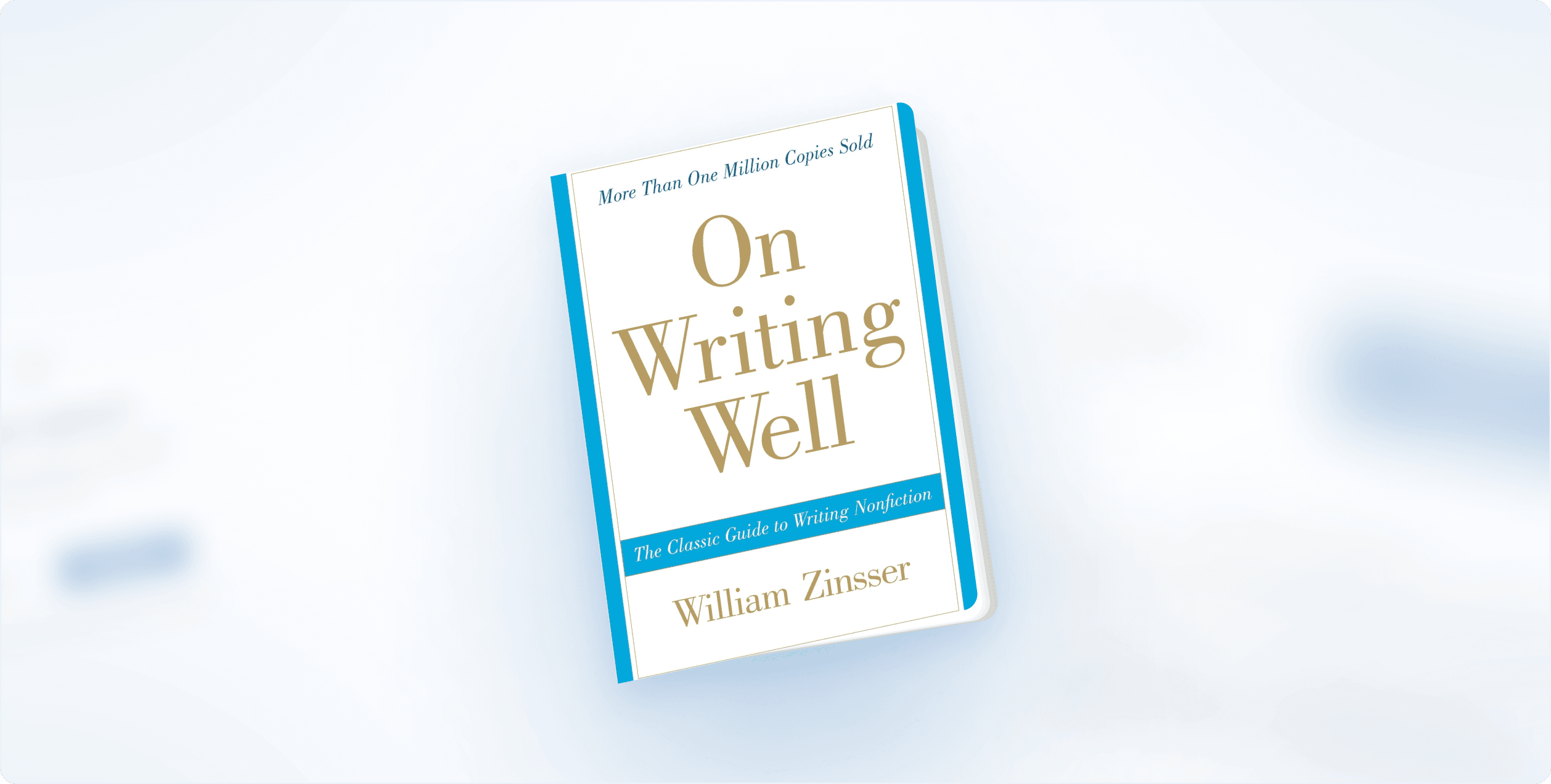
Description: Zinsser’s book is beloved by writers of all genres, but technical writers will particularly appreciate his focus on clarity and simplicity. He’s all about making writing a pleasant experience for both the writer and the reader.
Why Read It: Technical writing can get, well, technical. Zinsser’s emphasis on clarity and removing unnecessary fluff makes this a must-read for anyone who wants to cut through the noise and communicate effectively.
Read our full review of the book here.
3. “Technical Communication” by Mike Markel
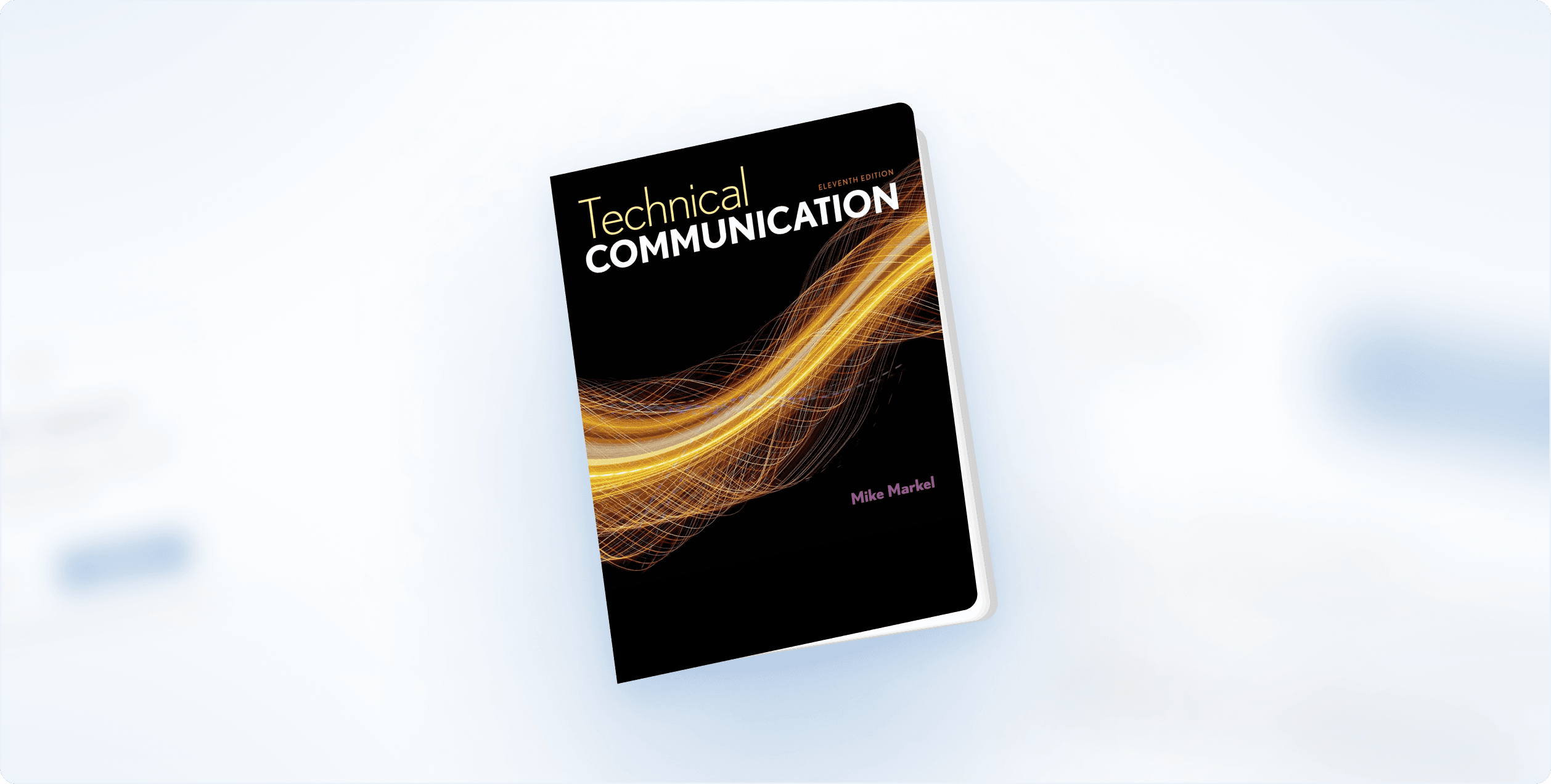
Description: A comprehensive textbook that covers all the essential elements of technical writing, from audience analysis to document design. Markel offers practical advice and real-world examples that make this an invaluable resource.
Why Read It: If you need a thorough foundation in technical writing, this book has it all. It’s great for beginners but also provides depth for experienced writers looking to brush up on their skills.
Read our full review of the book here.
4. “The Chicago Manual of Style”
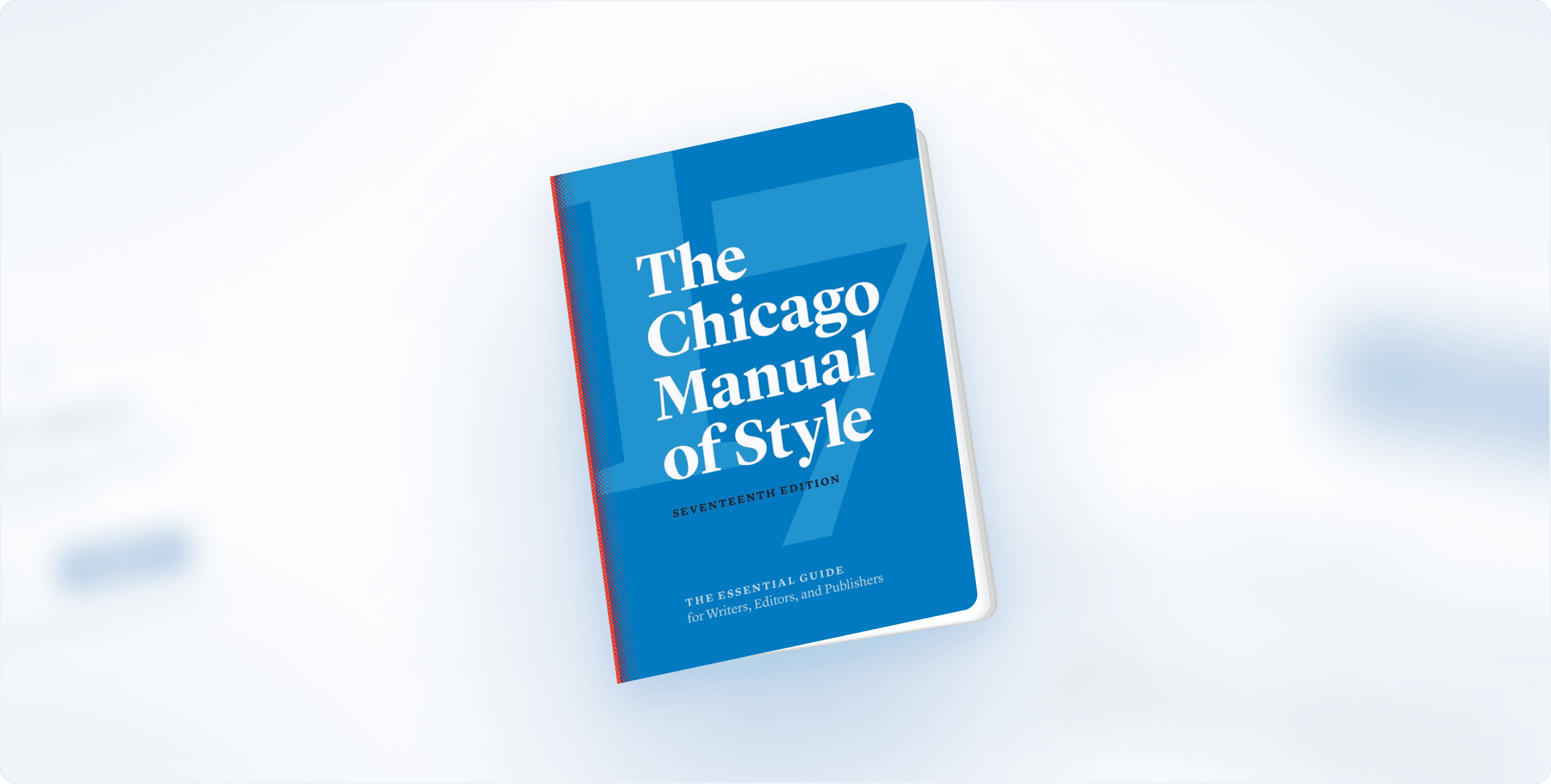
Description: The ultimate reference guide for grammar, punctuation, and style. While not exclusive to technical writing, it’s a goldmine for anyone who needs to ensure their documents are grammatically pristine.
Why Read It: Technical writers often get bogged down in the nitty-gritty details, and this book will answer all your questions. From citation to comma placement, it’s your go-to for solving style-related headaches.
Read our full review of the book here.
5. “The Yahoo! Style Guide”
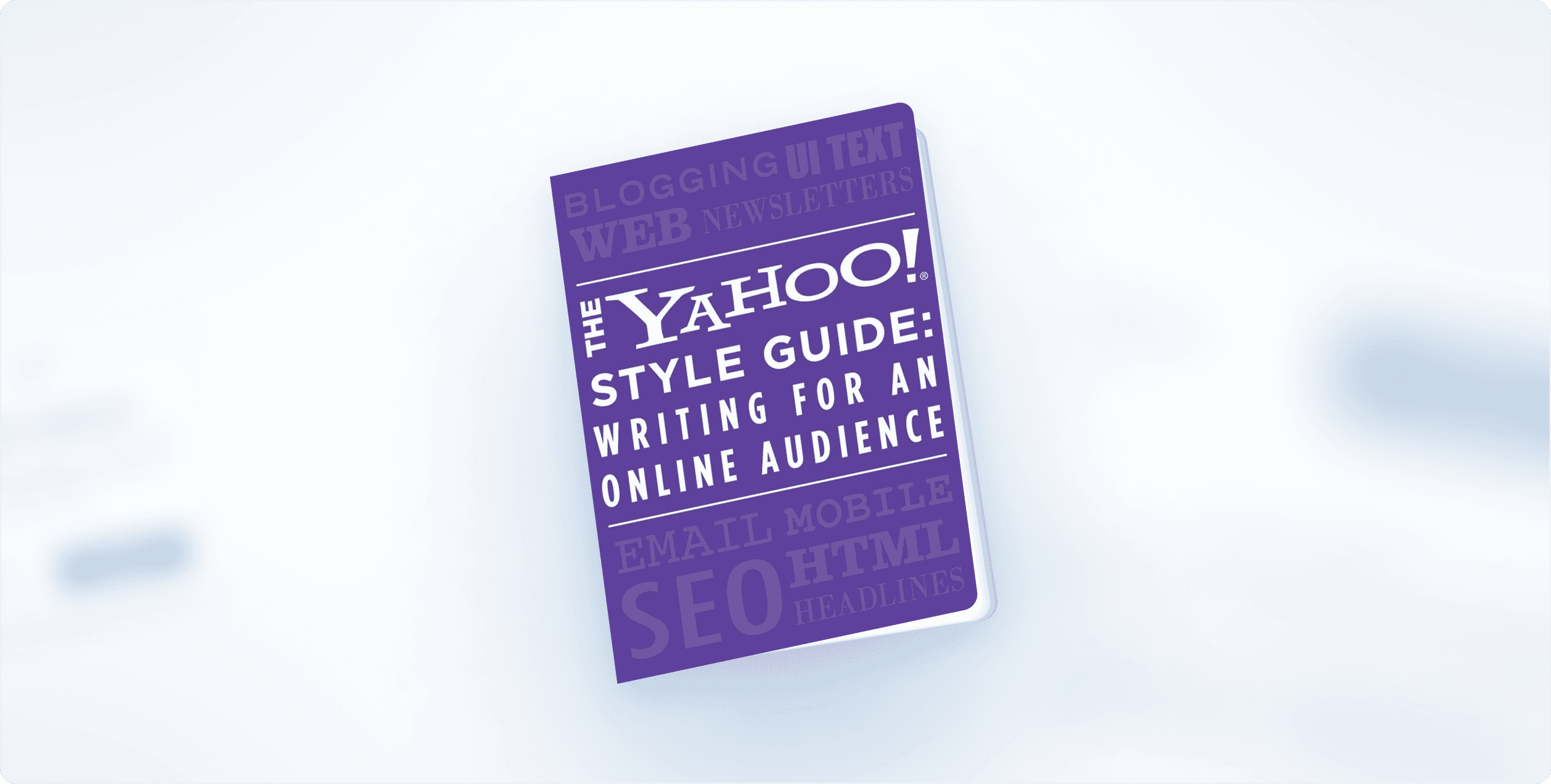
Description: Aimed at those writing for the web, this guide covers everything from writing clear headlines to optimizing your content for search engines. It’s especially helpful for tech writers creating online documentation or help articles.
Why Read It: If your technical writing ends up online (which it probably does), you need to understand how to write for web audiences. This guide will show you how to create content that’s easy to scan and SEO-friendly.
Read our full review of the book here.
6. “Style: Lessons in Clarity and Grace” by Joseph M. Williams
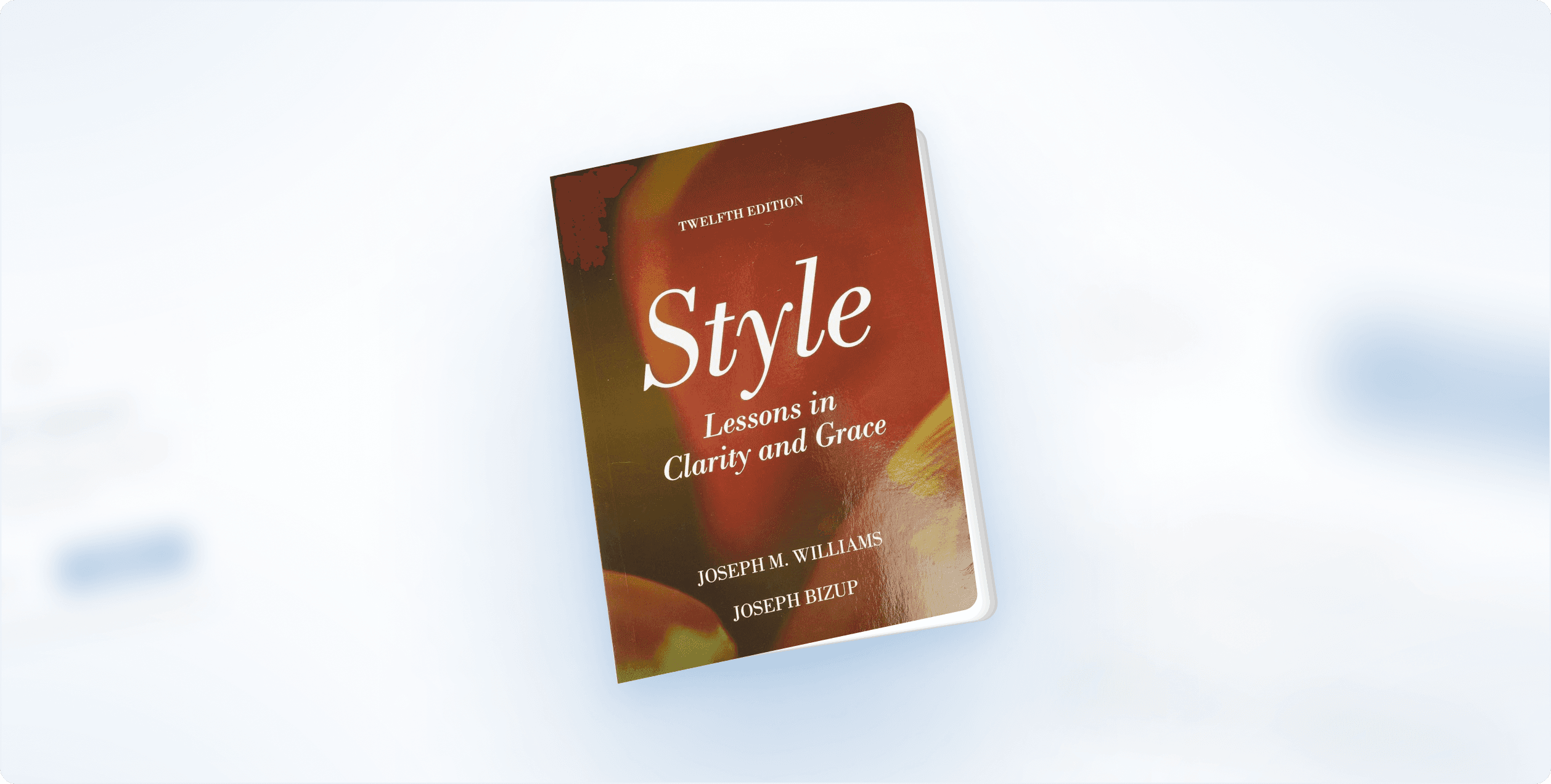
Description: This book offers in-depth advice on how to make your writing clear and graceful—yes, even in technical writing. Williams breaks down how to organize sentences and paragraphs in a way that flows naturally for the reader.
Why Read It: Technical writing doesn’t have to be dry and robotic. This book will teach you how to make even the most complex material readable and (dare we say) enjoyable.
Read our full review of the book here.
7. “The Sense of Structure: Writing from the Reader’s Perspective” by George D. Gopen
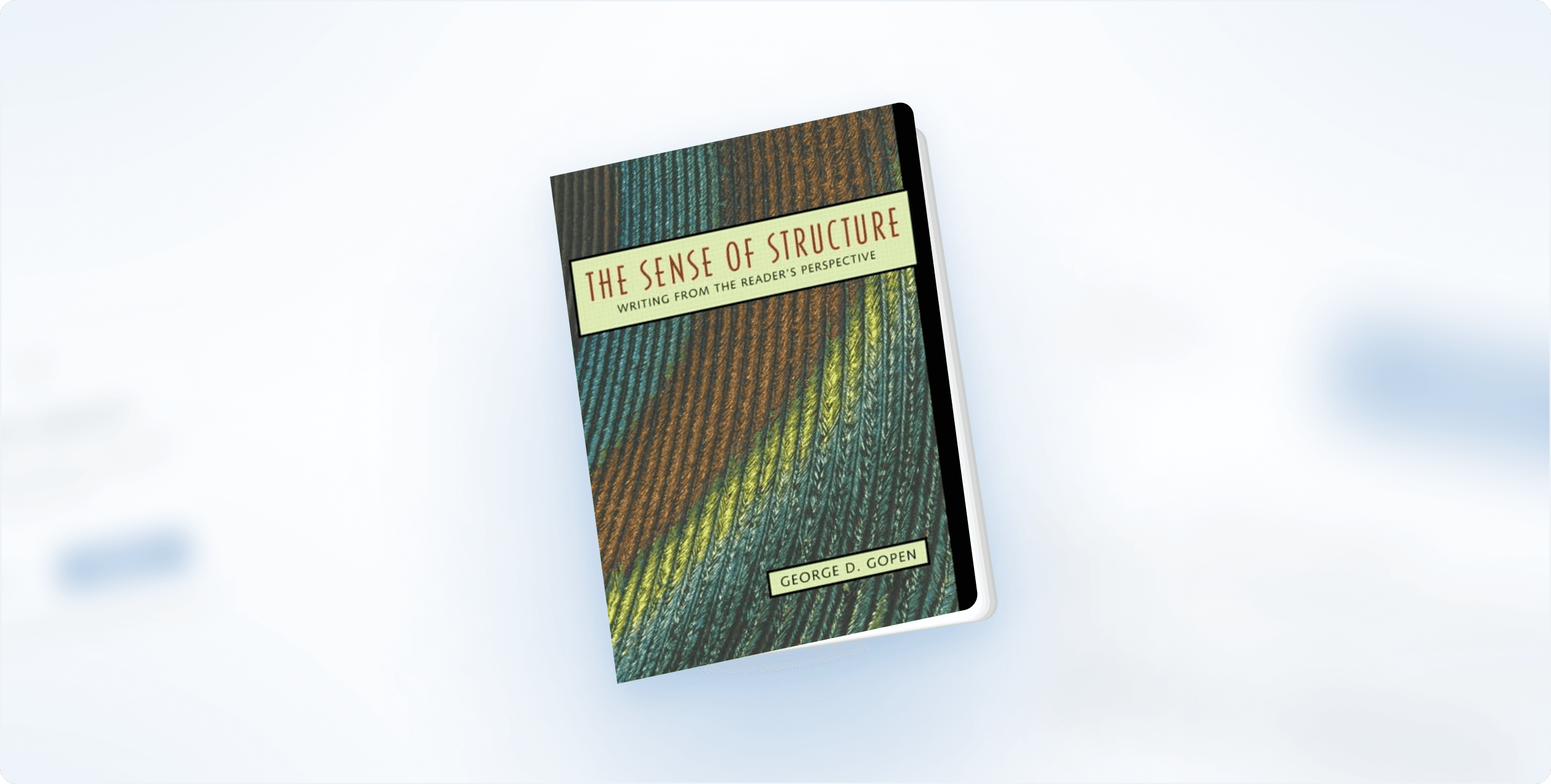
Description: Gopen’s book focuses on the structure of writing and how readers perceive information. He explains how to craft sentences and paragraphs in a way that will make sense to your audience.
Why Read It: If you’ve ever written something that your reader didn’t understand, this book is for you. It will help you learn how to see your writing through the eyes of the reader and create documents that are easy to follow.
Read our full review of the book here.
8. “The Pyramid Principle: Logic in Writing and Thinking” by Barbara Minto
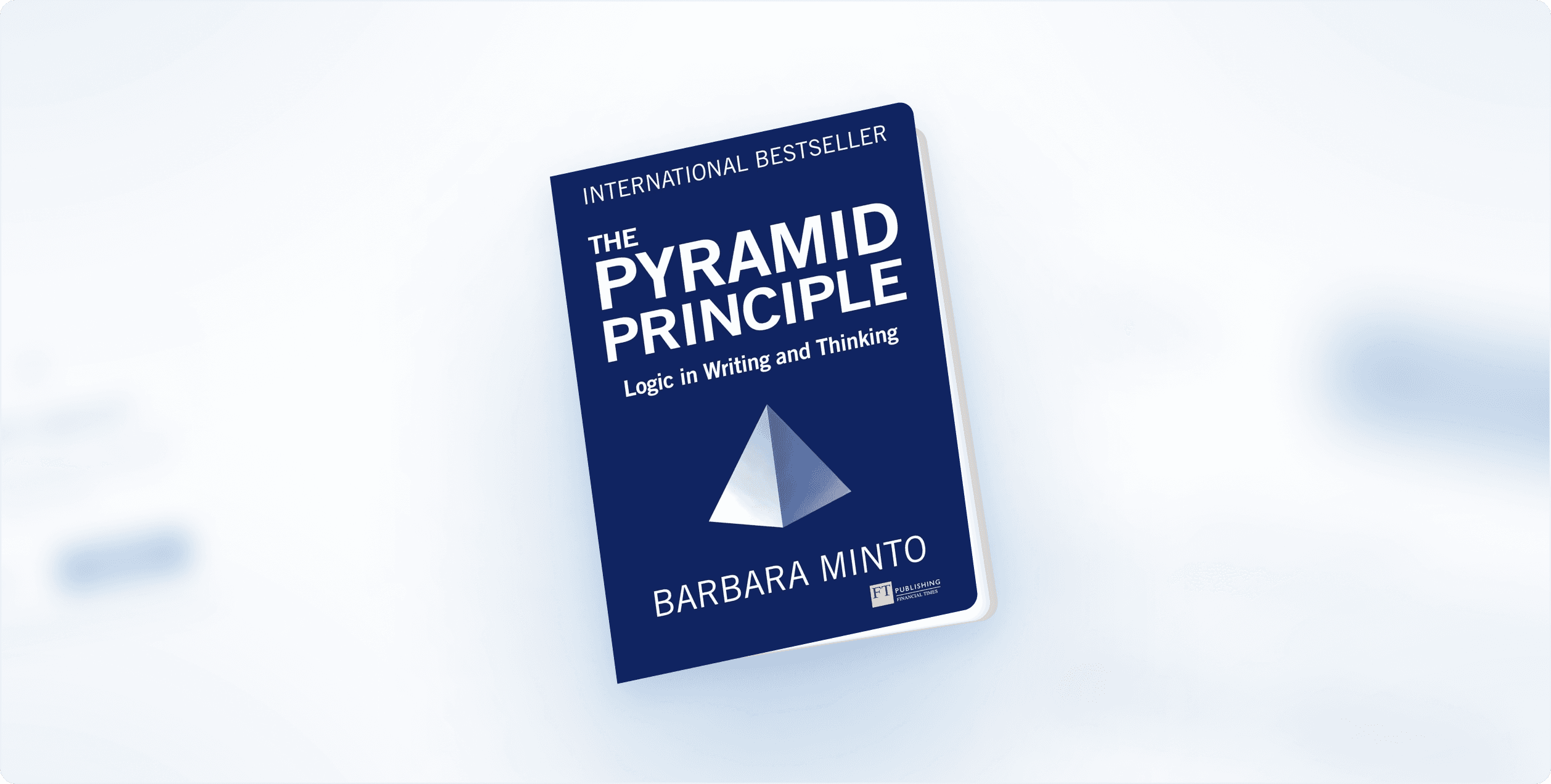
Description: Minto introduces the Pyramid Principle, a method for structuring writing in a logical, top-down format. It’s a great technique for presenting complex information in an organized, easy-to-digest way.
Why Read It: Technical writing often involves explaining complex ideas. This book will help you structure your information so that readers can grasp the key points right away, without having to wade through unnecessary details.
Read our full review of the book here.
9. “Writing Software Documentation: A Task-Oriented Approach” by Thomas T. Barker
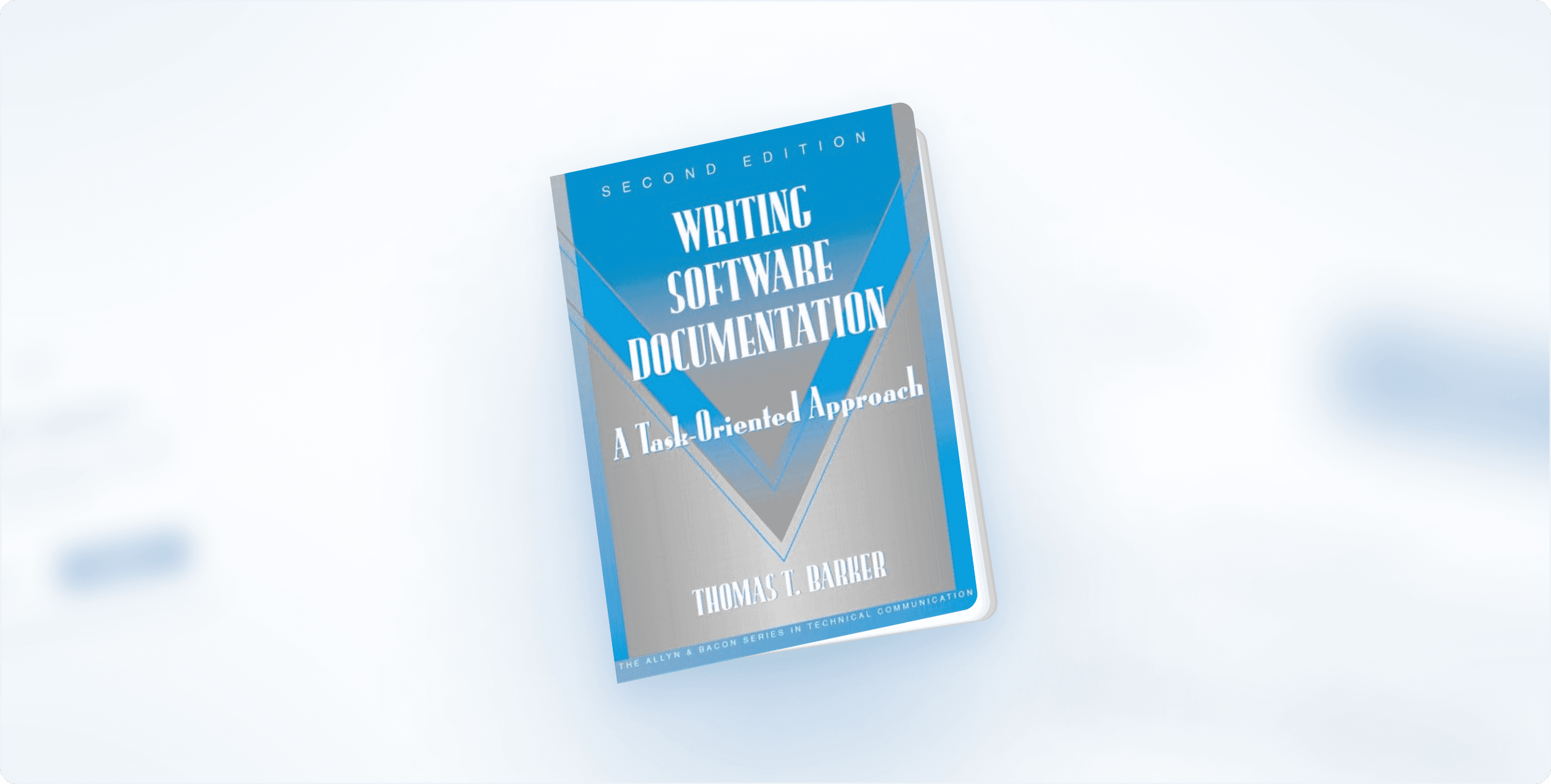
Description: As the title suggests, Barker’s book is all about creating documentation for software. It focuses on a task-oriented approach, which means structuring your documents around what users need to accomplish.
Why Read It: If you’re writing software documentation, this is your guide. It’s full of tips on how to create user-centered content that helps people do what they need to do.
Read our full review of the book here.
10. “The Insider’s Guide to Technical Writing” by Krista Van Laan
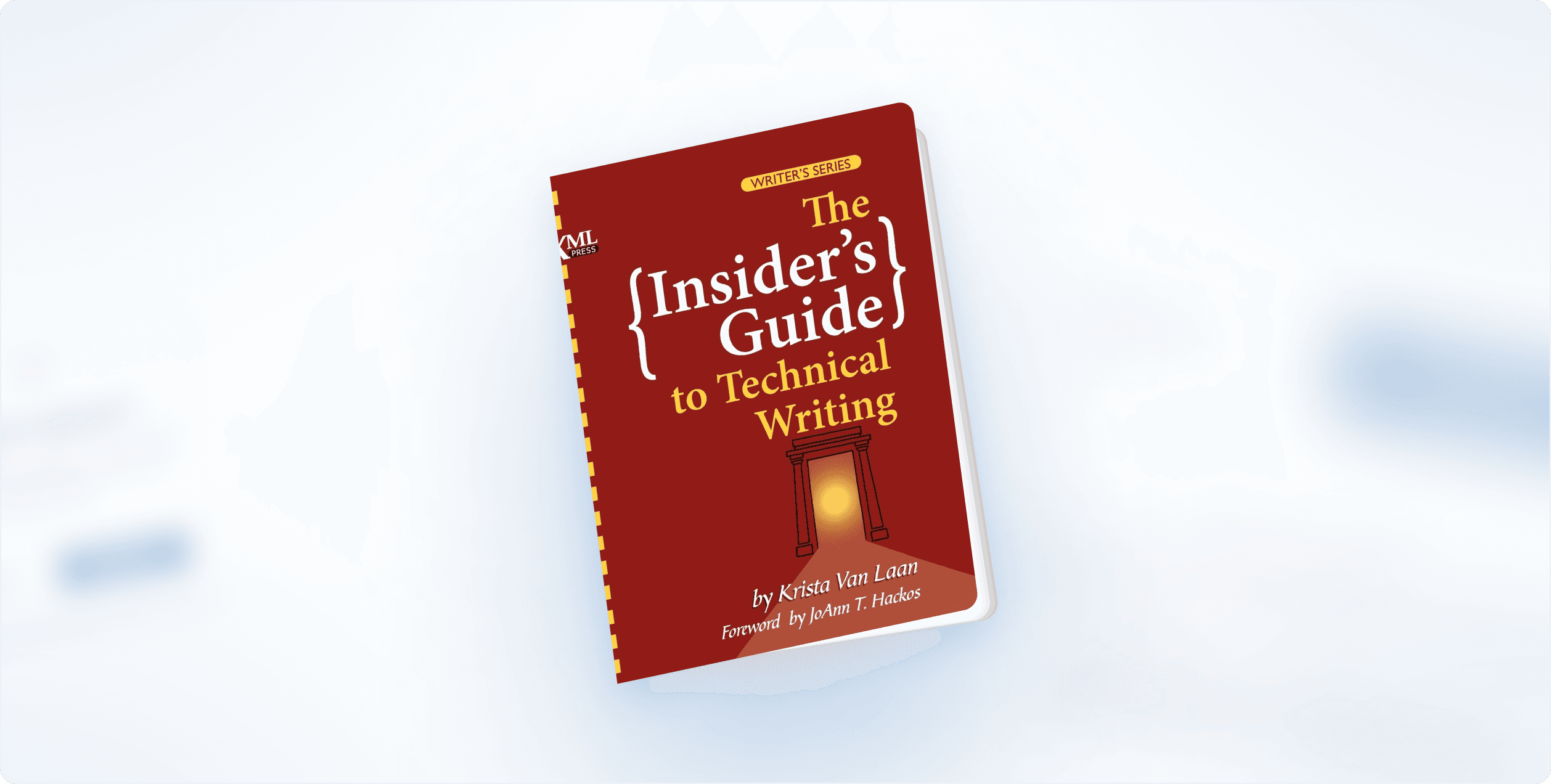
Description: A comprehensive guide that covers everything from getting started in the field of technical writing to improving your craft. Van Laan’s book is full of tips for succeeding in the industry.
Why Read It: If you’re new to technical writing or looking to advance your career, this book will provide practical advice on everything from writing techniques to job searching.
Read our full review of the book here.
11. “Clear and Simple as the Truth: Writing Classic Prose” by Francis-Noël Thomas and Mark Turner
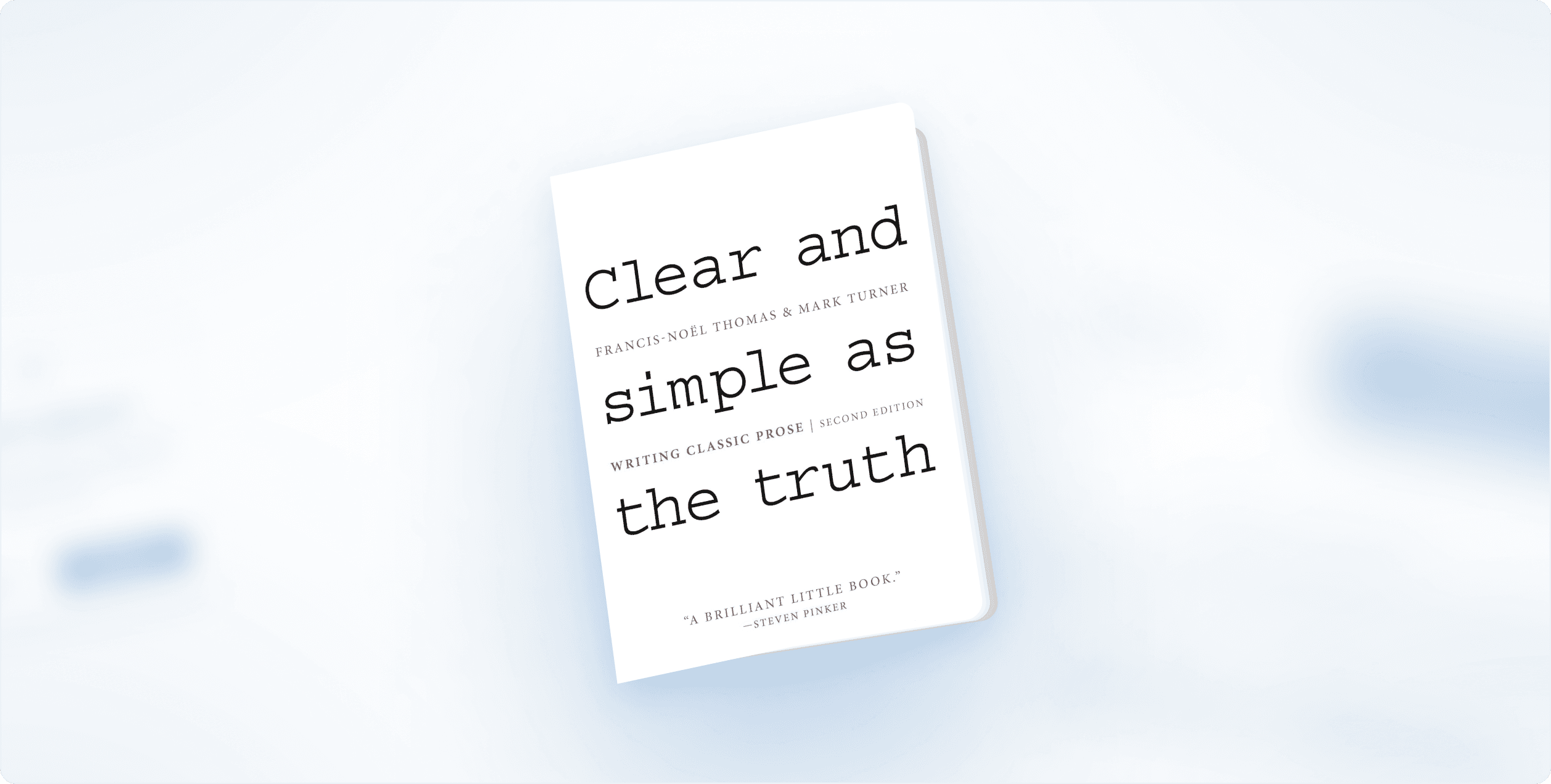
Description: Thomas and Turner introduce the concept of “classic prose,” a style that emphasizes clarity, directness, and simplicity. It’s a great framework for writing technical documents that are easy to understand.
Why Read It: This book offers a new perspective on clear writing that’s especially helpful for technical writers. If you’ve ever struggled with making your writing too complex, this book will help you strip it down to the essentials.
Read our full review of the book here.
12. “Managing Your Documentation Projects” by JoAnn T. Hackos
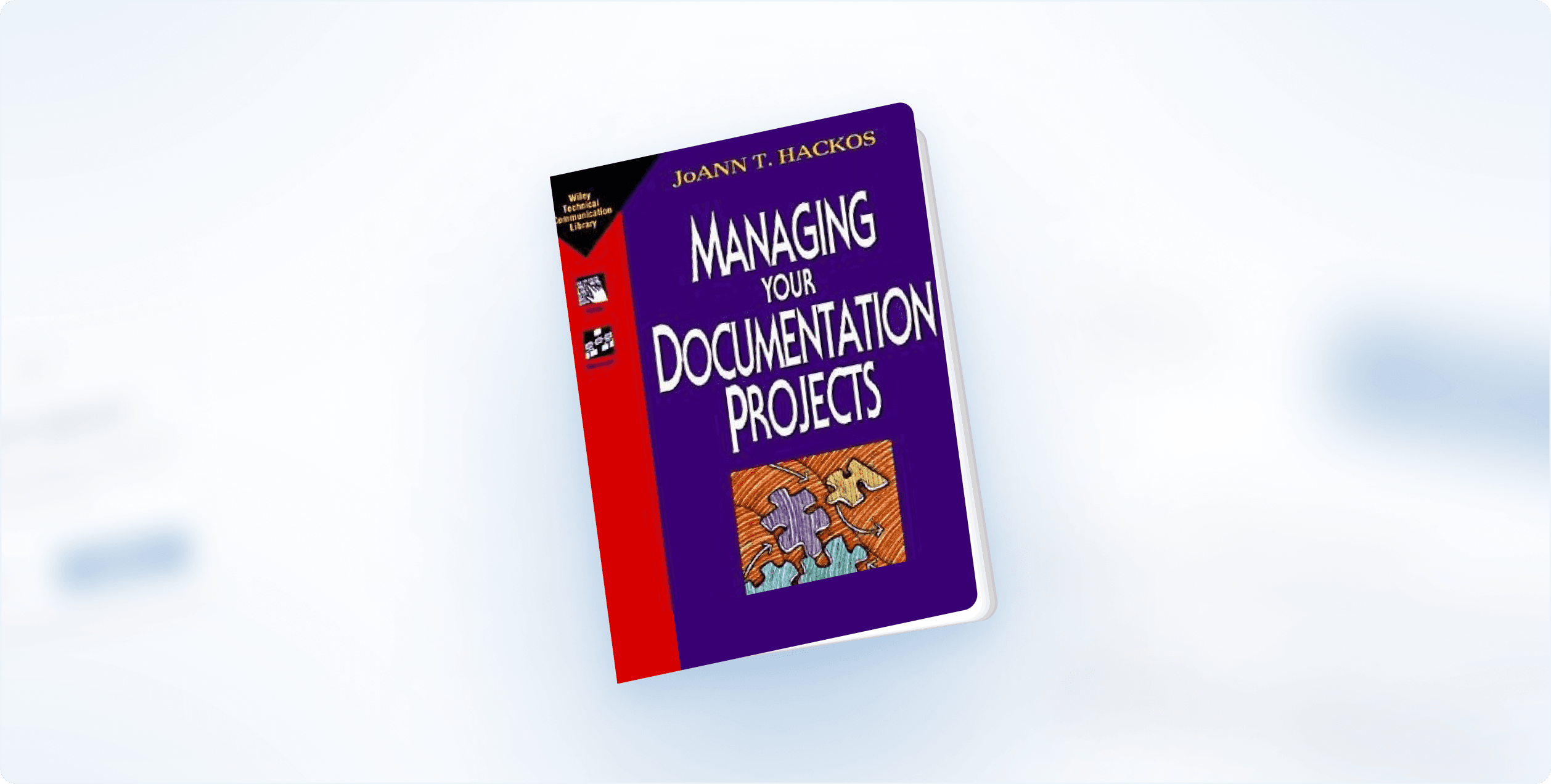
Description: Hackos focuses on the project management side of technical writing. She offers advice on planning, organizing, and executing large documentation projects efficiently.
Why Read It: If you’re juggling multiple documentation projects at once (which, let’s face it, most technical writers are), this book will help you stay organized and on track.
Read our full review of the book here.
13. “Information Architecture: For the Web and Beyond” by Louis Rosenfeld, Peter Morville, and Jorge Arango
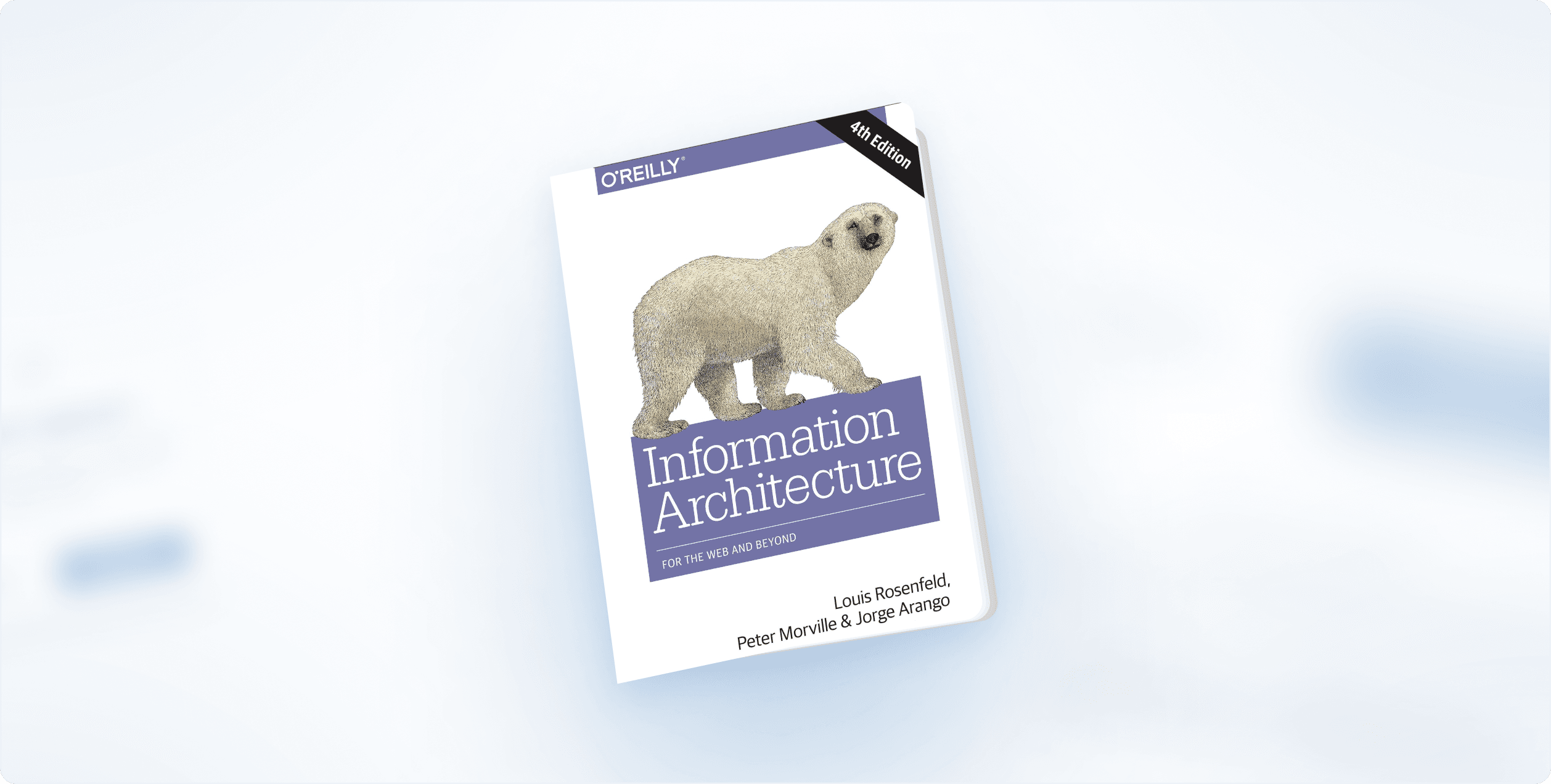
Description: This book covers the principles of organizing and structuring content for websites and software interfaces. It’s a must-read for technical writers working on web-based projects.
Why Read It: Understanding how to structure information is key in technical writing. This book will give you the tools you need to create documents that are easy to navigate and find.
Read our full review of the book here.
14. “The Complete Idiot’s Guide to Technical Writing” by Krista Van Laan and Catherine Julian
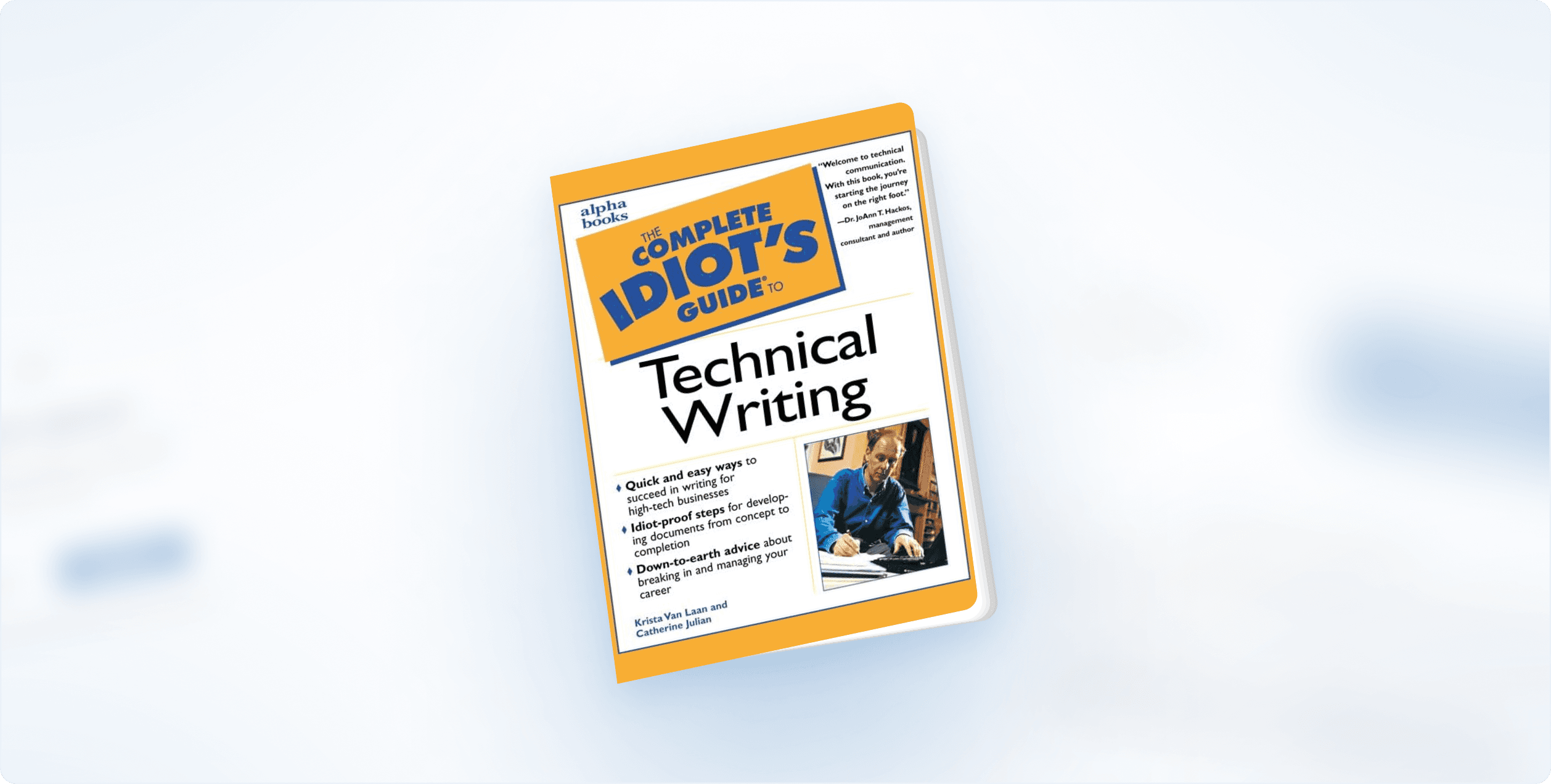
Description: This fun and accessible guide covers all the basics of technical writing, from writing clearly to creating user-friendly documents.
Why Read It: Perfect for beginners or those needing a refresher, this book provides clear, straightforward advice without overwhelming you with jargon.
Read our full review of the book here.
15. “Modern Technical Writing” by Andrew Etter
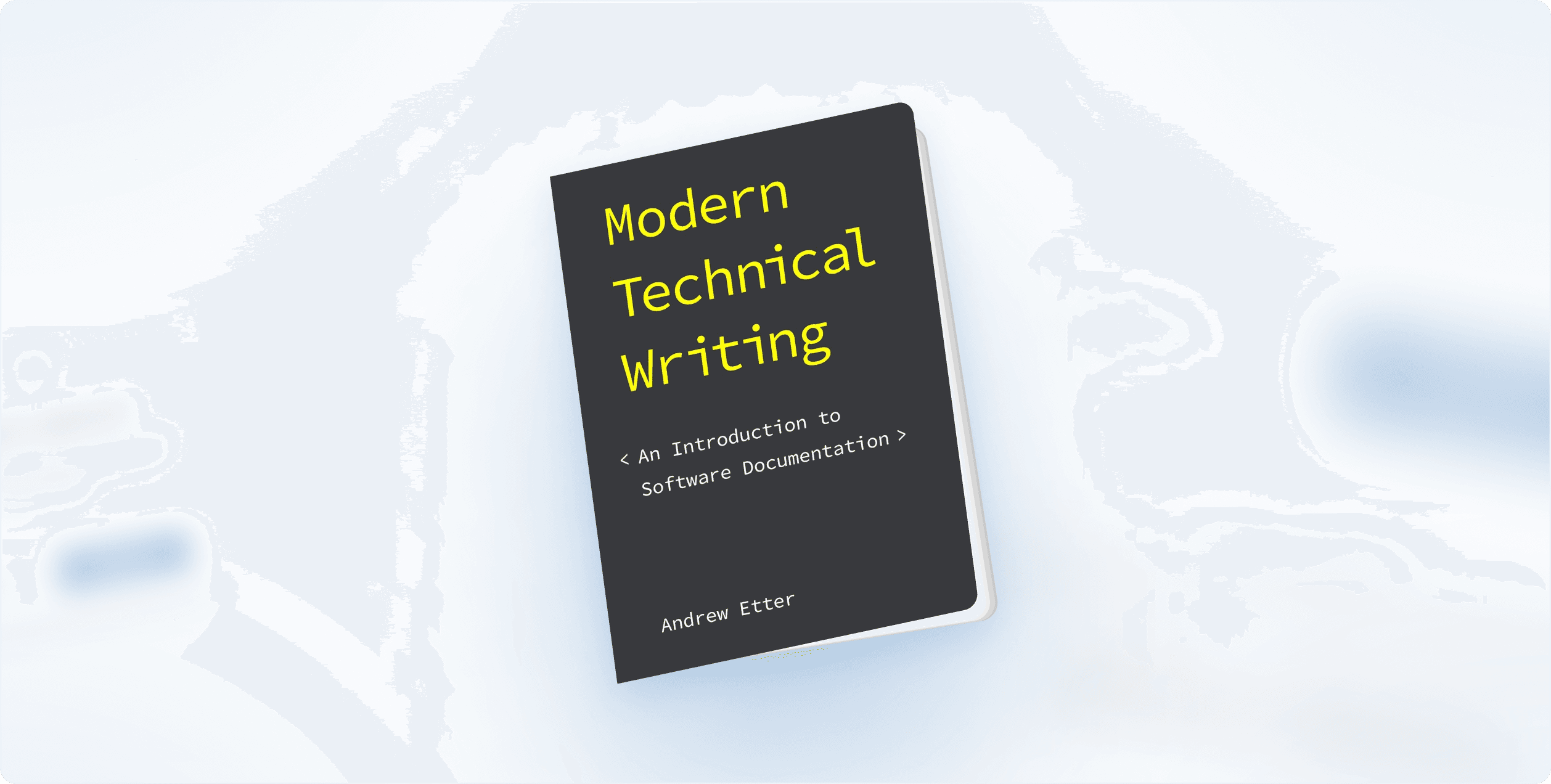
Description: Etter offers a fresh take on technical writing, focusing on modern tools and practices like collaborative writing and version control. He emphasizes agile workflows and the use of lightweight documentation.
Why Read It: If you want to update your technical writing process to be more agile and modern, this book will show you how to use current tools to streamline your workflow.
Read our full review of the book here.
16. “Developing Quality Technical Information” by Gretchen Hargis et al.
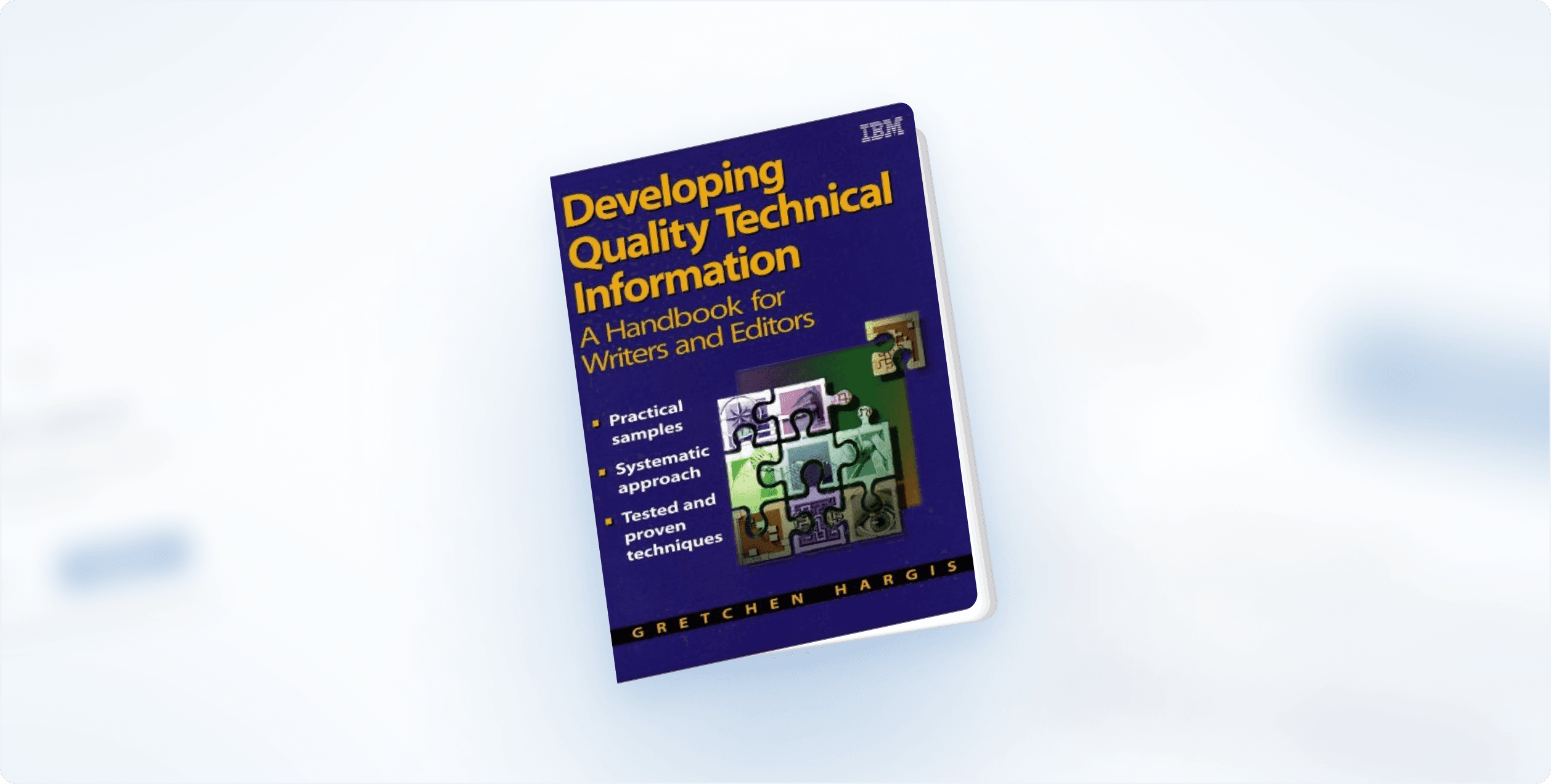
Description: This book provides guidelines for creating technical documents that are clear, concise, and user-focused. It includes real-world examples and best practices for improving quality.
Why Read It: If you’re focused on creating high-quality, user-friendly documentation, this book will teach you the best practices for achieving that goal.
Read our full review of the book here.
17. “Handbook of Technical Writing” by Gerald J. Alred, Charles T. Brusaw, and Walter E. Oliu
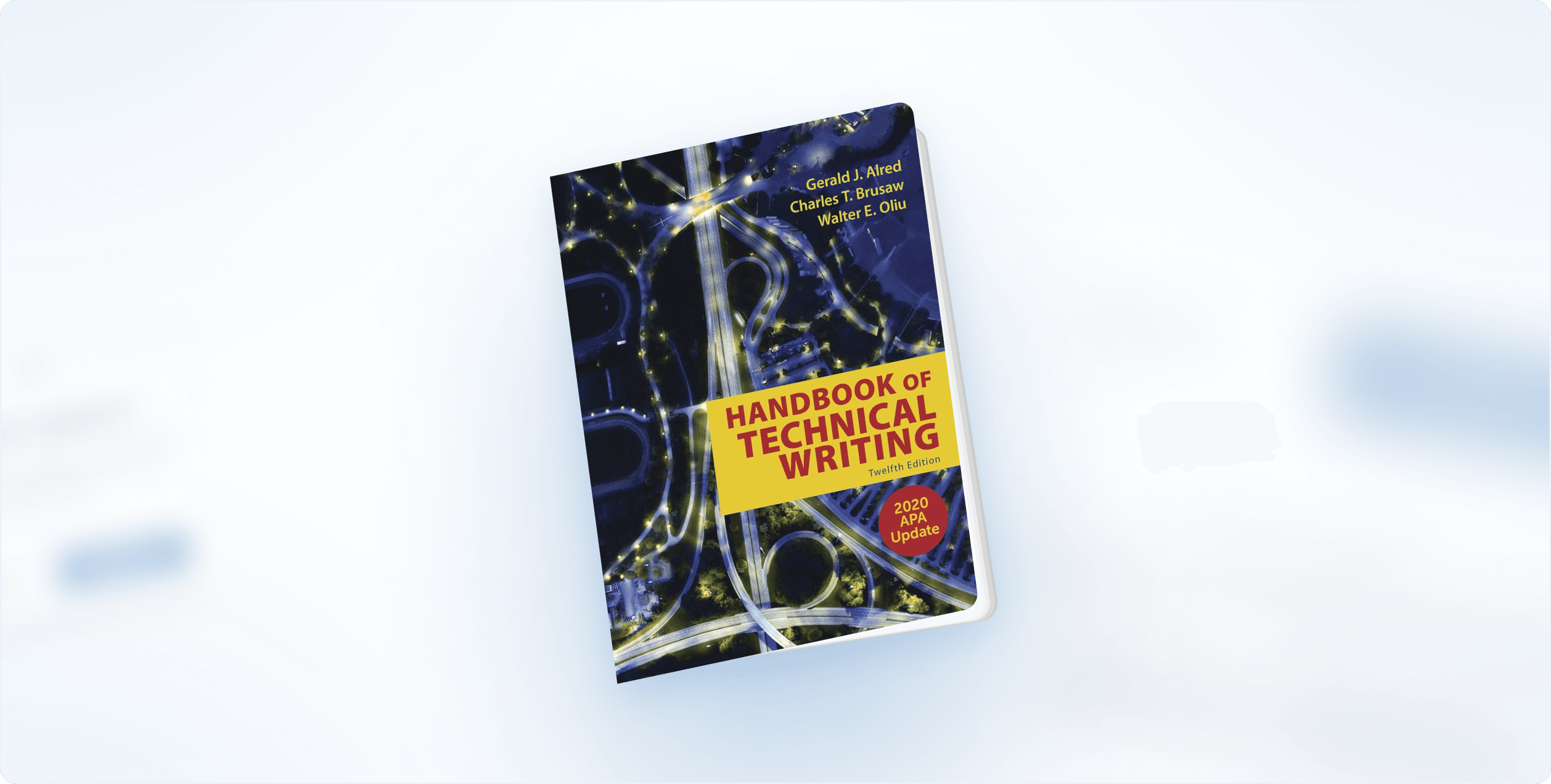
Description: A comprehensive reference book that covers all aspects of technical writing, from grammar to formatting to project management.
Why Read It: This is the book you keep on your desk for quick reference. It’s like a Swiss Army knife for technical writers—everything you need in one place.
Read our full review of the book here.
18. “Writing for Science and Engineering” by Heather Silyn-Roberts
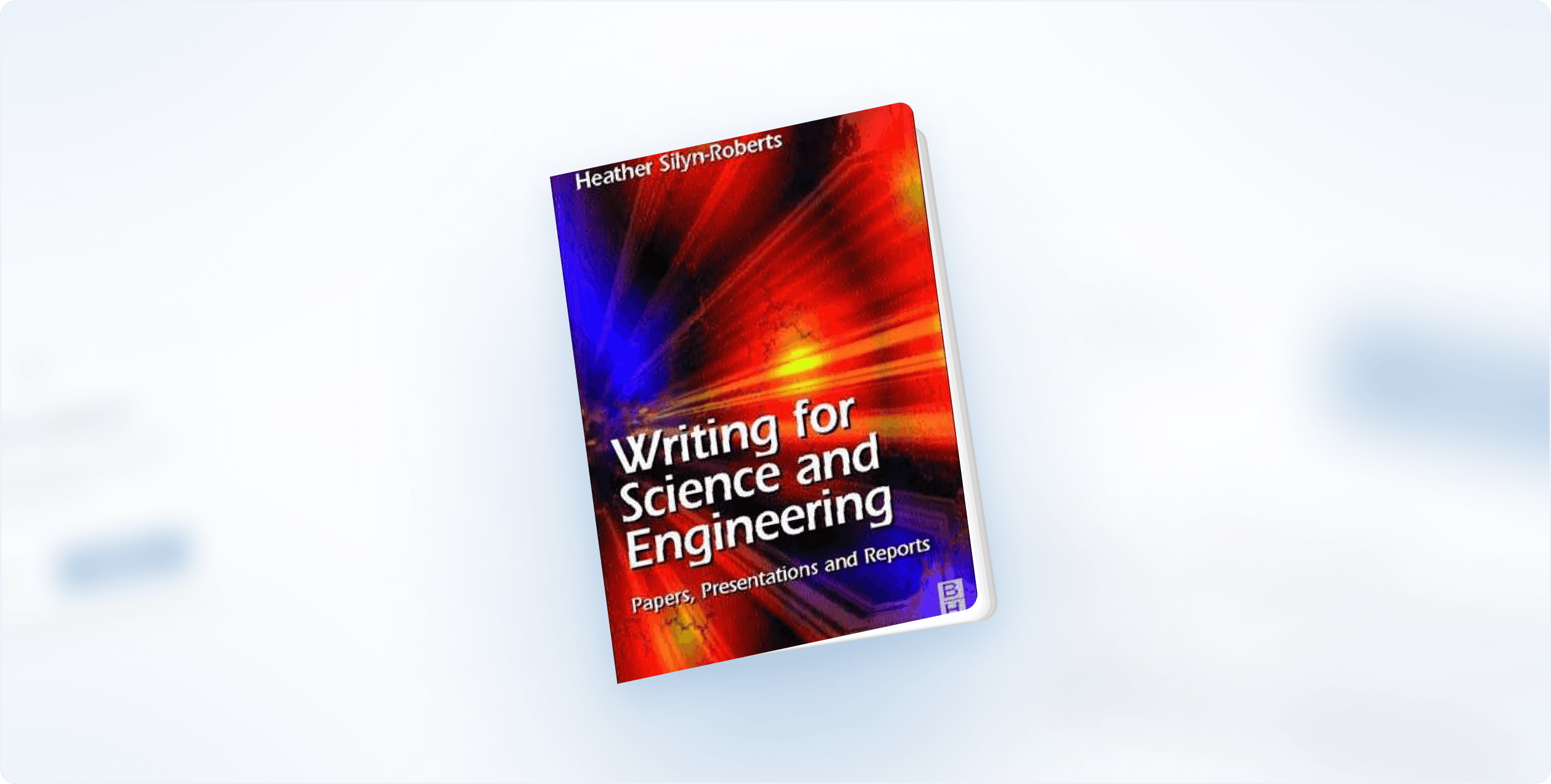
Description: Silyn-Roberts focuses on writing for the scientific and engineering fields, offering advice on how to communicate complex technical information clearly.
Why Read It: If you’re working in a technical field like engineering or science, this book will help you convey complicated concepts in a way that non-experts can understand.
Read our full review of the book here.
19. "Docs for Developers: An Engineer's Field Guide to Technical Writing" by Jared Bhatti
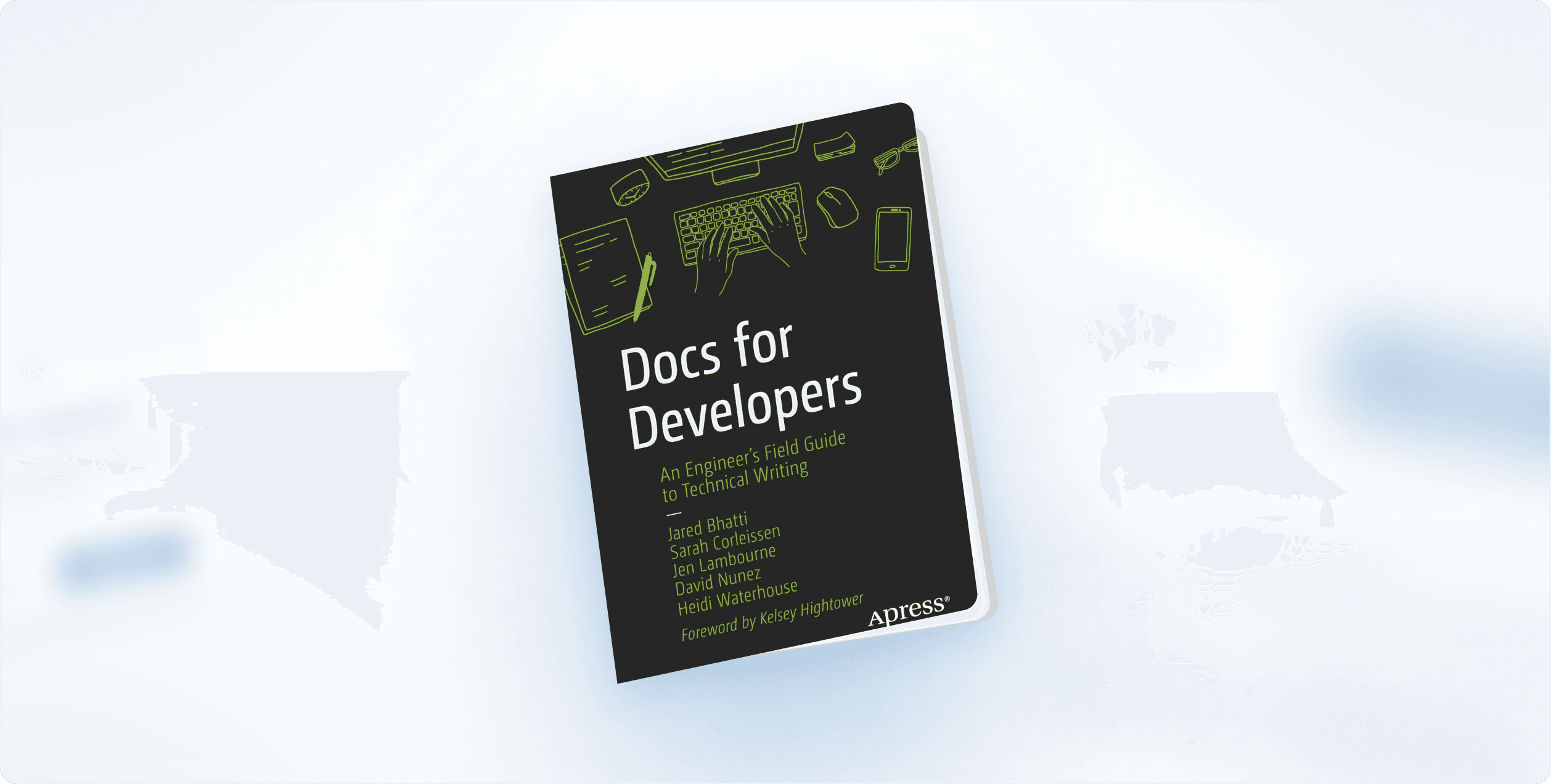
Description: Jared Bhatti and co-authors teach you the craft of documentation for each step in the software development lifecycle, from understanding your users’ needs to publishing, measuring, and maintaining useful developer documentation.
Why Read It: Well-documented projects save time for both developers on the project and users of the software. Projects without adequate documentation suffer from poor developer productivity, project scalability, user adoption, and accessibility. In short: bad documentation kills projects.
